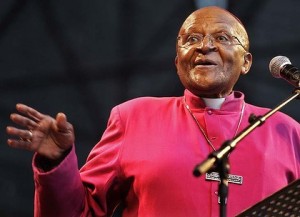It has been a hectic couple of months and I was looking forward to getting town this week, even if was primarily for business. But alas, I broke my foot on Easter Sunday and have been hobbling around on crutches and in a walking boot since. So with my trip to San Francisco cancelled, I changed my focus for the week to budgeting and financials – and on attending Leadercast at a nearby host site.
Leadercast is an event featuring a collection of speakers on leadership held in the Atlanta, Georgia area and simulcast around the world. This year’s event reached over 125,000 people in 700+ locations in 21+ countries. The theme this year was “Beyond You Leadership”. Leadership isn’t about the leader. Leadership isn’t self-serving. Leadership is about the people you are leading.
There were 9 keynote speakers including some well-known names like Malcolm Gladwell, Andy Stanley, Laura Busch, Dr. Henry Cloud, and Sinon Sinek. (The entire list with bios can be found at http://www.leadercastlive.com/speakers.html.) The one that connected with me more than any other surprised me…
Archbishop Desmond Tutu

Archbishop Tutu gave a wonderful talk much of which reflected on Nelson Mandela and the end of apartheid in South Africa. I would have never guessed that Archbishop Tutu would have the sense of humor that he does. You could tell that he thoroughly enjoyed himself, and the crowd did as well.
On leadership, he was clear that we were made to be dependent on one another and that we only truly human through our interactions with others. We therefore should act with reciprocity in mind. We will reap what we sow.
His four characteristics of good leaders were:
- They listen,
- They are accountable,
- They lead (i.e. they move first into uncharted territory), and
- They know when to retire (stated just as he left the stage).
The thing that struck me more than anything else all day was Archbishop Tutu’s statement that Nelson Mandela’s 27 years in prison were not a waste. They were a necessity! He went into prison an angry young many who was convinced that a violent overthrow of the government was the best way to enact change. When he emerged, he was ready to peacefully lead a government that crossed all ethnic groups.
That made me think. You may not like where you are, or how you got there, but all of your experiences to date have been a necessity for developing your talents and perspective to where you are today.
Now, what are you going to do with it?
Mike McGee (5/10/14)